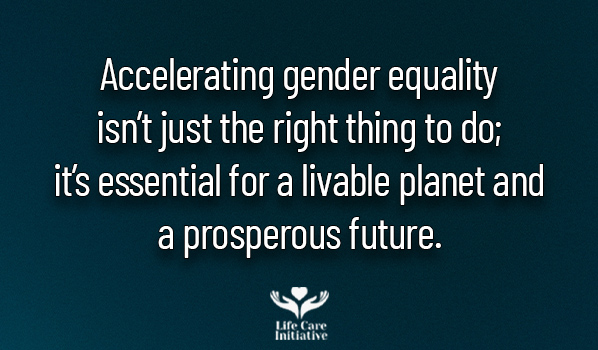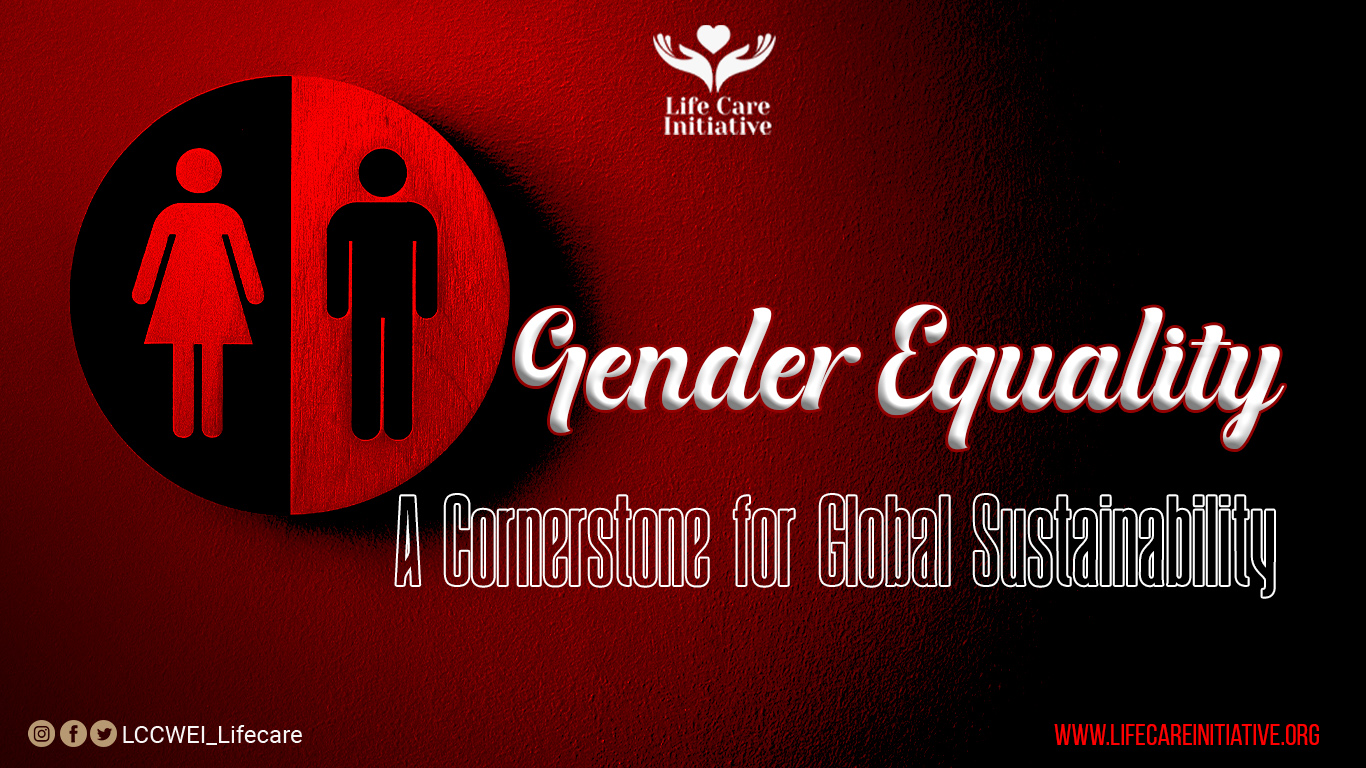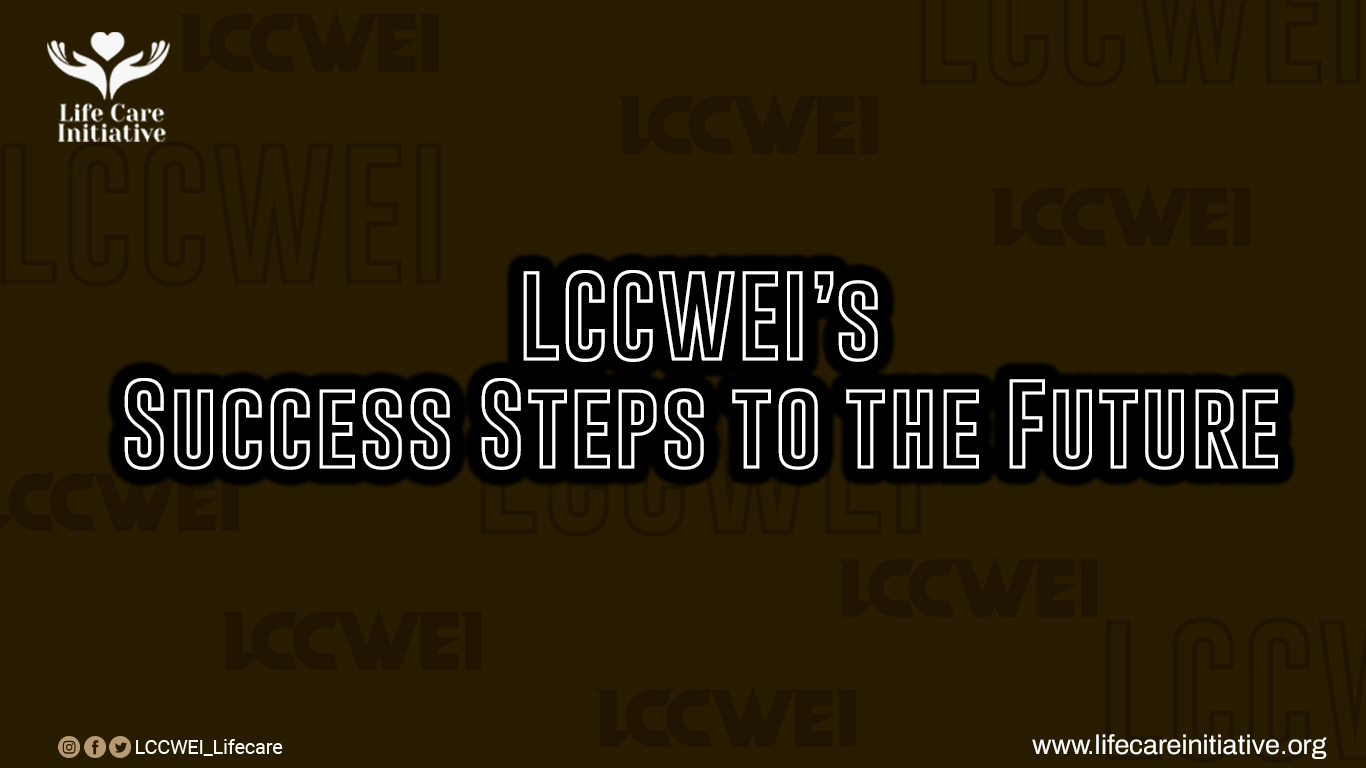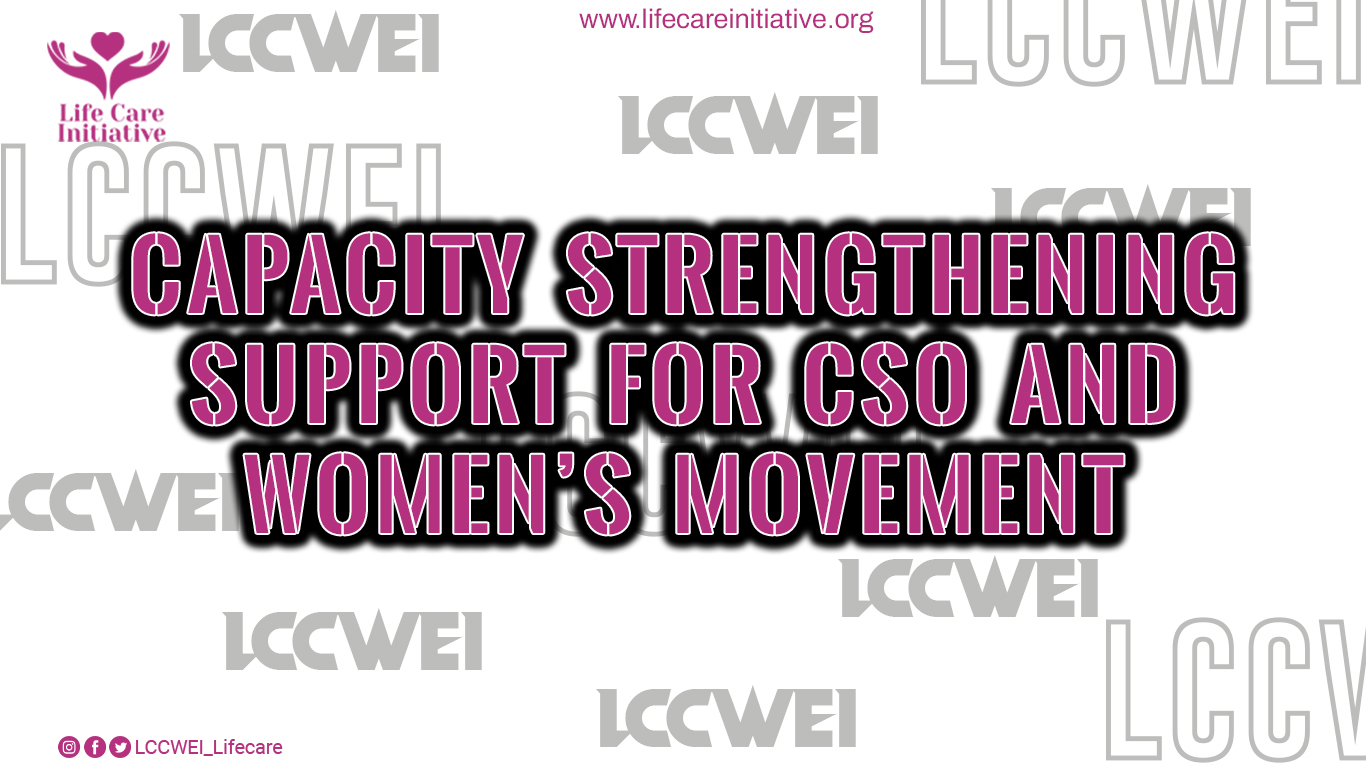In an increasingly interconnected world, achieving sustainable development demands inclusive and equitable progress. Central to this vision is the recognition of gender equality as a catalyst for sustainable growth and societal transformation. The World Bank’s Gender Strategy 2024-2030 underscores this truth, offering a roadmap for addressing long-standing disparities and fostering a fairer world for all.
The Global Imperative for Gender Equality

Gender equality isn’t just a moral obligation—it’s an economic and developmental necessity. Studies have shown that closing gender gaps could add trillions to global GDP. However, despite significant progress, systemic barriers continue to limit women’s and girls’ opportunities. From access to education and healthcare to representation in leadership, inequalities persist globally.
The World Bank’s strategy identifies key areas for action:
- Ending Gender-Based Violence
Violence disproportionately affects women and girls, undermining their ability to contribute to and benefit from development efforts. Addressing this issue is essential for building resilient societies. - Promoting Leadership and Economic Participation
Expanding women’s roles in leadership and the workforce unlocks potential for innovation and growth. The strategy emphasizes equipping women with the tools and opportunities needed to thrive in emerging economies and future industries - Enhancing Access to Education and Healthcare
Education and health are foundational for human capital development. While significant progress has been made, gaps remain, especially in rural and underserved communities. Tackling these gaps is essential for breaking cycles of poverty and fostering sustainable development.
The Role of Local Action in Global Change
While the World Bank’s strategy sets the stage globally, local organizations like Lifecare Children & Women Empowerment Initiative (LCCWEI) are critical to turning these goals into reality. By providing education, vocational training, and community support, initiatives like LCCWEI create immediate, tangible impacts that ripple across generations.
For instance, supporting a single mother to start a small business not only empowers her economically but also ensures her children have access to education and better opportunities. These grassroots efforts are where global strategies meet real lives.
A Call to Action
Gender equality is more than a goal—it’s a driver of sustainable development. Achieving this vision requires collective effort, from global policies to community initiatives. As individuals, we can contribute by:
- Advocating for policies that prioritize gender equality.
- Supporting organizations like LCCWEI that work directly with affected communities.
- Promoting awareness about the importance of equality in our own networks.
In the words of the World Bank, “Accelerating gender equality isn’t just the right thing to do; it’s essential for a livable planet and a prosperous future.” Together, we can ensure that no one is left behind.
Learn more about how LCCWEI is driving this mission and how you can get involved.





